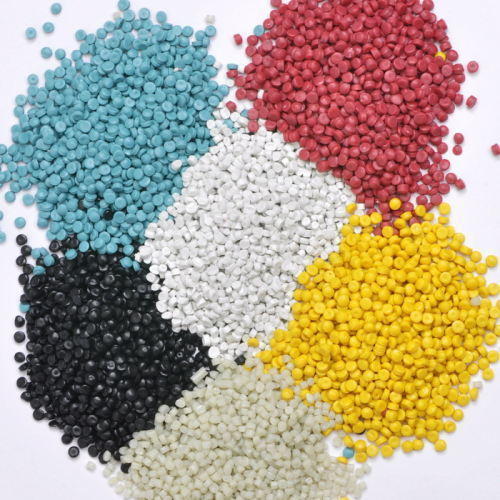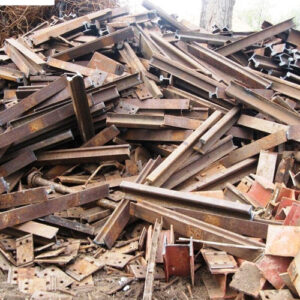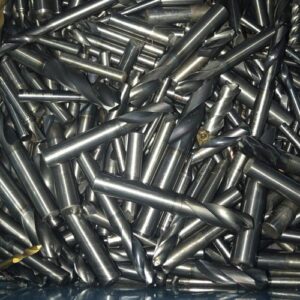HDPE Granules (High-Density Polyethylene Granules) are small plastic pellets made from high-density polyethylene, a thermoplastic polymer known for its strength, durability, and versatility. These granules are widely used in various industrial applications, including manufacturing and recycling. Here’s an overview of their key features and specifications:
Key Features and Specifications:
- Material Composition:
- Polyethylene: HDPE is a type of polyethylene characterized by a linear structure with minimal branching, contributing to its high density and strength.
- Chemical Resistance: HDPE is resistant to a wide range of chemicals, making it suitable for various applications.
- Physical Properties:
- Density: Typically has a density of 0.93 to 0.97 g/cm³, giving it a higher density compared to low-density polyethylene (LDPE).
- Strength and Stiffness: Exhibits excellent tensile strength and rigidity, making it suitable for applications requiring durability.
- Low Moisture Absorption: HDPE has low moisture absorption, which helps maintain its integrity and performance in various environments.
- Thermal Properties:
- Melting Point: HDPE has a melting point of around 120-130°C (248-266°F), allowing it to withstand higher temperatures during processing.
- Good Insulating Properties: It has excellent electrical insulating properties, making it suitable for electrical applications.
- Applications:
- Manufacturing: Used as a raw material in the production of various products, including bottles, containers, pipes, toys, and automotive parts.
- Recycling: HDPE granules can be produced from recycled HDPE products, promoting sustainability and reducing plastic waste.
- 3D Printing: Increasingly used in 3D printing applications due to its strength and versatility.
- Processing:
- Injection Molding and Blow Molding: HDPE granules can be processed through various techniques, including injection molding, blow molding, and extrusion.
- Coloring and Additives: Granules can be easily colored or blended with additives to enhance properties such as UV resistance or flame retardance.
- Environmental Considerations:
- Recyclability: HDPE is highly recyclable, identified by the recycling code “2,” encouraging responsible waste management and recycling practices.
- Durability: Its long lifespan and durability contribute to sustainability by reducing the need for frequent replacements.
- Packaging:
- Bulk Bags: Typically supplied in bulk bags or containers, making it easy to transport and store for manufacturing processes.
- Clear Identification: Often labeled with relevant specifications, including grade, color, and intended applications.
Conclusion:
HDPE Granules are a versatile and durable material used across various industries, from packaging to construction and manufacturing. Their excellent physical properties, chemical resistance, and recyclability make them a popular choice for producing high-quality plastic products. As sustainability becomes increasingly important, HDPE granules play a crucial role in promoting recycling and reducing environmental impact.




Reviews
There are no reviews yet.